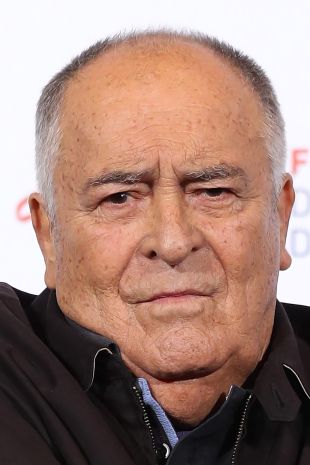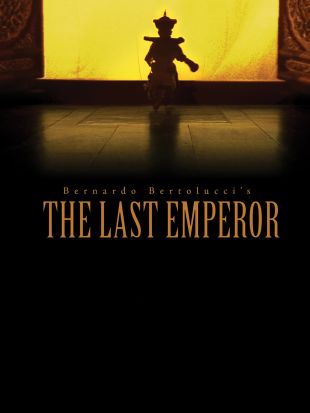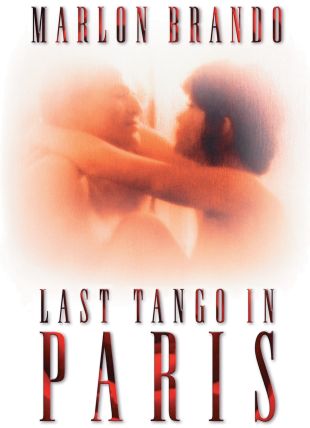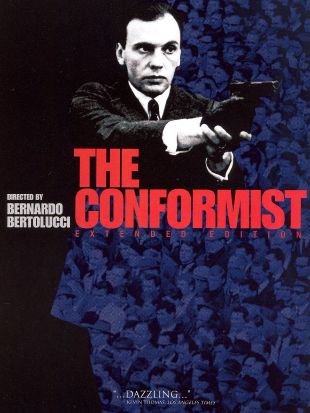Known both for sweeping epics and for helping to bring eroticism into general release with Last Tango in Paris, Bernardo Bertolucci is one of the pre-eminent international directors of the latter half of the twentieth century. The son of poet, film critic, and anthologist Attilio Bertolucci, he was born on March 16, 1940 in Parma. Surrounded by an atmosphere of comfort and intellectualism, Bertolucci began making 16 mm films as a teenager. In addition to making two short films about children, he also gained a certain amount of respect as a writer, winning the Premio Viareggio (one of Italy's top literary awards) for his first book, In Search of Mystery. Going on to study at the University of Rome, Bertolucci started his film career as an assistant director to Pier Paolo Pasolini. After working on Pasolini's Accatone, he left the University in 1961 and embarked on his own independent film study.
Bertolucci made his directing debut the following year with La Commare Secca (The Grim Reaper), a stark murder mystery filmed on location in Rome. Based on a script by Pasolini, the film went largely unseen; his next effort, Prima della Rivoluzione (Before the Revolution) (released in the U.S. in 1965) was also a commercial disappointment, but it won him recognition at the 1964 Cannes Film Festival. This recognition was followed by an almost five-year period during which the director was unable to secure funding for another feature-length film; he instead made a number of documentaries and assisted director Julian Beck on various productions.
In 1970 Bertolucci was back, directing La Strategia del Ragno (The Spider's Stratagem), a thriller about a young man's attempt to unravel some of the mysteries surrounding his long-deceased anti-fascist father. The film was seen as an improvement over Bertolucci's previous work, but it was not until the release of Il Conformista (The Conformist) (also 1970), that he received international acclaim for his work. A non-linear exploration of Mussolini's Fascist Italy and a character study of an individual (Jean-Louis Trintignant) who conforms to the era's ideological conventions, the film was shown in competition at the 1970 Berlin Film Festival, where it met with an ecstatic reception. Now bearing substantial credibility as a director, Bertolucci went on to explore sexual sadomasochism and societal hypocrisy with his infamous Last Tango in Paris in 1972. Starring Marlon Brando as an American widower who embarks on a torrid sadomasochistic relationship with a young Parisian (Maria Schneider), the film sparked no small degree of controversy when it was released. It was eventually recognized as an extraordinary, if polarizing, work, winning Bertolucci a Best Director Oscar nomination and a Best Actor Oscar nomination for Brando.
Bertolucci then embarked on his first epic, making the 311-minute Novecento (1900) in 1976. The story of two men (Robert De Niro and Gérard Depardieu) born in Italy on the same day in 1901, it explored the political forces that shaped Italy through World War II and the lives affected by these forces. Its epic scope was repeated eleven years later in the director's The Last Emperor. A decades-spanning tale about the deposed last emperor of China, it went on to win nine Academy Awards, including Best Picture and Best Director. Following a comparatively unsuccessful 1990 adaptation of Paul Bowles' The Sheltering Sky, Bertolucci returned to Asia to make Little Buddha in 1994. The film received relatively lackluster reviews and had a stodgy box-office performance, but the director rebounded somewhat in 1996 with Stealing Beauty. Returning to the golden hills of Tuscany to film the story of a young American (Liv Tyler) in search of her father and the boy to whom she wants to give her virginity, Bertolucci turned out a lush, measured piece of work that impressed more than a few critics and served as Tyler's breakthrough film. In 1998, Bertolucci took another look at the politics of love and desire with Besieged. Filmed in Rome, the film starred David Thewlis as a composer and Thandie Newton as the African political refugee he loves. Besieged received generally excellent reviews, further embellishing its director's epic resume.
As the 2000's unfolded, Bertolucci proved he had no intention of slowing down. He would continue to make artistic, erotically charged films like The Dreamers and Me and You.



